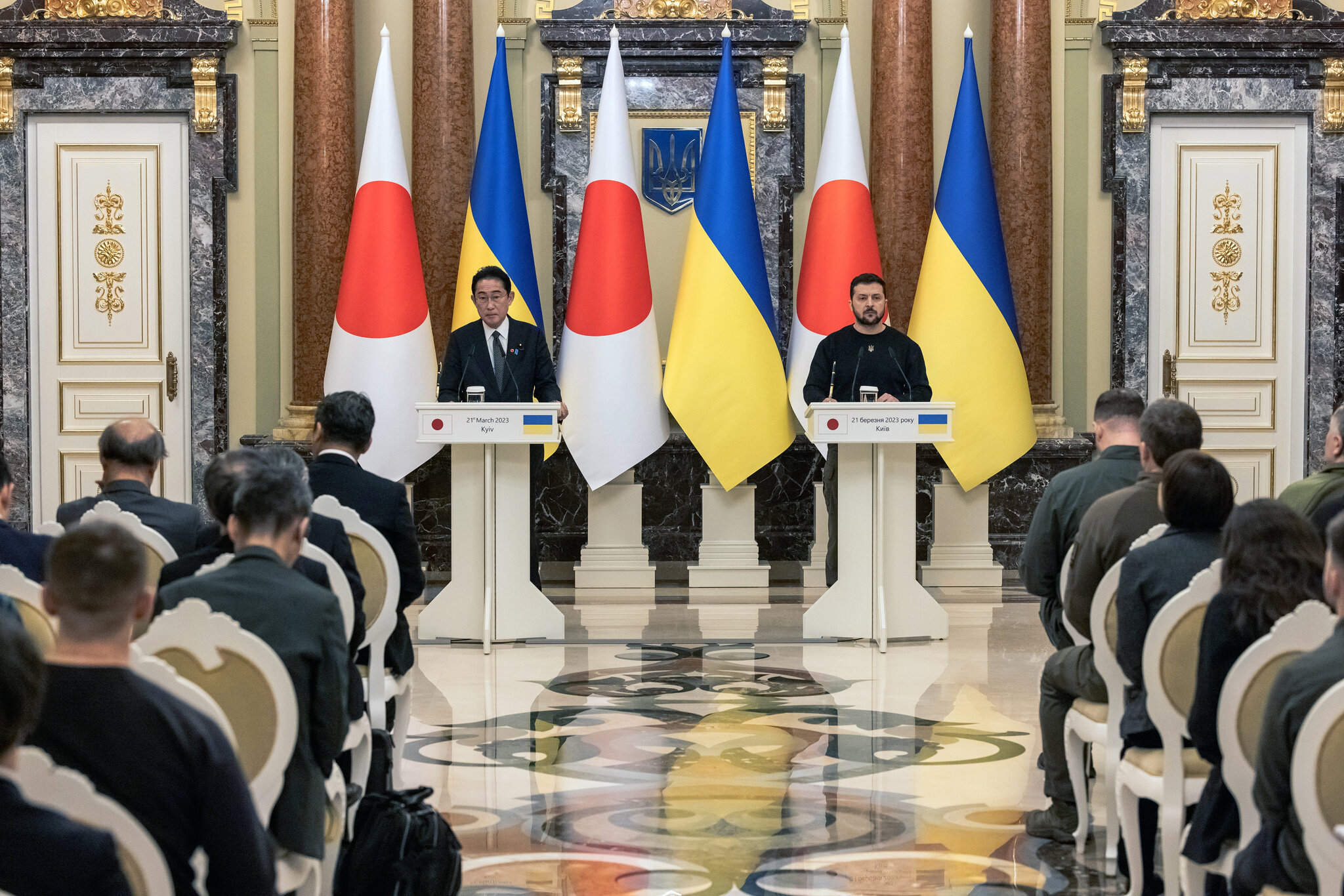
By Murray Hunter
BANGKOK, Thailand: An unknown, but not an inconsequential number of Malays don’t actively practice Islam, but see themselves as Muslims. These nominal Muslims only forcibly follow Islamic rituals in public, or disappear from public areas during weekly events like Friday prayers. They don’t fast during Ramadan, can’t read the Quran, and may not know the ritual of prayer.
Malays exhibiting these characteristics straddle the whole of society. These include rural workers, urban blue-collar workers, self-employed, professionals, and those identifying with some portion of the diverse LGBTQ communities.
Traditionally, Malaysia had a pluralistic spectrum within Islam. This included Sunni, Nusantara, and Shia forms of Islam, and those who identified as Muslims, but didn’t practice. Malay culture and traditions are laced with Hindu practices and beliefs, and animistic beliefs. Today, religious authorities frown upon many of these beliefs, and even forbid some of the old customs.
A number of Malays believe the Shariah laws and their respective enforcement shed extra restrictions upon Malay than other communities. For example, Malays are restricted in the types of jobs they can undertake within the entertainment industry, frowned upon and chastised if they identify to membership in any aspect of the LGBTQ+ communities, and persecuted by both the authorities and their peers for not following the rituals of Islam such as attending Friday Prayers, fasting during Ramadan, and the mode of Islamic greetings.
Malays are expected to practice the 5 pillars of Islam. These are devotion of faith, obligatory prayer, giving charity, fasting during Ramadan, and performing the hajj, at least once during their life.
Ramadan in particular is a difficult month. One must not consume food in public, and will find it very difficult to obtain any food outside. The consumption of food is restricted to home. Muslims can be fined up to RM1,000, if caught consuming food in public. There are situations during Ramadan in university halls and boarding schools, where many are pretending to fast, but not actually fasting.
Ramadan has become a month of pretending
In the civil service, academic institutions, and GLCs, those who don’t conform to Islamic rituals in public are considered eccentrics, and often excluded from peer groups. Non-practicing Malays just prefer to remain in the closet. Sometimes they are called ‘liberals’, a derogatory term for conservative Muslims.
Malay society is so closely-knit, it is almost impossible to hide that one is a non-practising Muslim. If the lights are regularly not turned on before the time for Subuh prayers, it will soon be known within the community that this individual or family don’t perform Subuh prayers. There are many stories circulating that teenage students are physically checked for their menstruation period, so their condition can be used as an excuse not to pray, or fast during Ramadan.
Most non-practicing Malays, still identify as Muslims. There are a few who don’t. It is illegal for anyone to renounce Islam. There is a potential jail term for doing so. Those Malays just prefer to remain in the closet. There are Malays all over the country that perform all Islamic rituals for acceptance within their respective communities.
In addition, affirmative action policies provide a number of benefits for those who publicly identify as Muslims. This is the reason why a number of indigenous community members convert to Islam. There are also a large number of Indonesian migrants that identify as such for the official recognition as a Bumiputera.
It is ironic that the rhetoric of politicians has helped create an apathy towards Islam by some. Instead of celebrating Islam as a religion of peace, a spiritual connection between humans and God, Islam has been projected as hate towards others, who are non-Muslims.
The rise of state defined Islam in Malaysia has influenced some to become non-practicing Muslims. Islam is becoming repressive and intrusive for a group of the Malay population. It's not enough to identify as a Muslim. One must be seen, and seen again, to follow the rituals of Islam. Islam has lost its path to feeling peaceful. Islam has become a tool of conformity, controlled by the state. Islam has become nothing more than a long list of prescribed compulsory practices.
Non-practicing Muslims must deal with these issues in private. They can mix with their like-minded peers, but be very cautious about what they say, in fear of being called into the state religious department for religious rehabilitation.
Many Malays are living within this matrix.








0 Comments
LEAVE A REPLY
Your email address will not be published